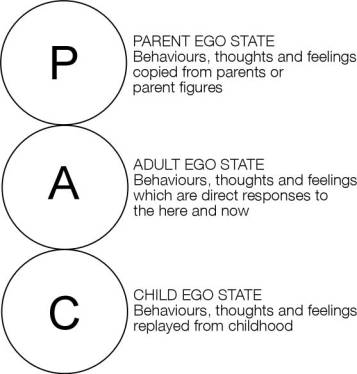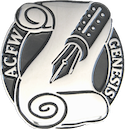You can read the Prologue and Chapters One-Three from Tommie's website, but here's the backcover blurb:
As a boy, Ailean MacLachlainn dreamed of living an adventurous life and longed to be a celebrated warrior of his clan. Until a shy smile and a glance from Mùirne's blue eyes turned his head and escalated his rivalry with Latharn into enmity and open conflict.
When Ailean became a man, his boyhood dreams faded. Until Bonnie Prince Charlie came to reclaim his father's throne. The Jacobite loyalties of Ailean's clan chief involved the MacLachlainns in the uprising and set Ailean on a course toward a destiny of which he could never have dreamed.
What happens when a man's dreams turn to dust? And when a man loses everything, does he have what it takes to go on?
So, as my last name might imply, my husband's heritage is very Scottish. Unfortunately for me, Campbells aren't exactly known for being the nicest people in history. (In fact, my husband visited Scotland and was turned away from several villages just because his last name is Campbell. The people still hold a grudge, but it's little wonder.) Tommie has clearly done a lot of research into the feuds and fights, especially of certain battles.
So I open up her Prologue, which is available to read on her webpage, and it's all about us nasty "Cambeuls." (And nasty we were. Geez.) At this point, I closed the book, looked over to my husband, and said, "I believe I know why Tommie wants me to review this book." HA!
But the further I read, the more engrossed I became in Tommie's great story. I realized that her main guy, Ailean, (pronounced A-lun, according to the Scottish Gaelic pronunciation guide at the front of the book), is one psychologically tormented guy. It was fascinating to read--and heartbreaking. It's hard to imagine all this bad stuff happening to one guy, but as her backcover blurb reads, Ailean's dreams do turn to dust and he does lose everything. And I mean everything. (Think 18th century Job.)
The villain is a Cambeul (go figure). And he's a wicked, wicked man. He's got a problem with anger management for sure, and develops a propensity toward alcoholism (actually, it's more than a propensity....it's full blown alcohol dependence). He has a great backstory, which sets up his life direction well, and Tommie even made me feel sorry for this horrible man once or twice.
This book had a satisfying ending and is ultimately about Ailean coming to understand that life might look more beautiful from the mountaintop, but he lives down in the glen. However, if one trusts God's direction, the glen can be beautiful as well.
To be entered in this book giveaway, you need to do 3 three things:
1) Be a follower of this blog.
2) Live in the lower 48 states.
3) Leave a comment below about why modern-day Campbells aren't so terrible (any positive about any Campbell will do) and your email in a spam-me-not format in the comment section below.
I would say that the best Campbell-positive comment will win the book, but I'll use a random generator. :)

















